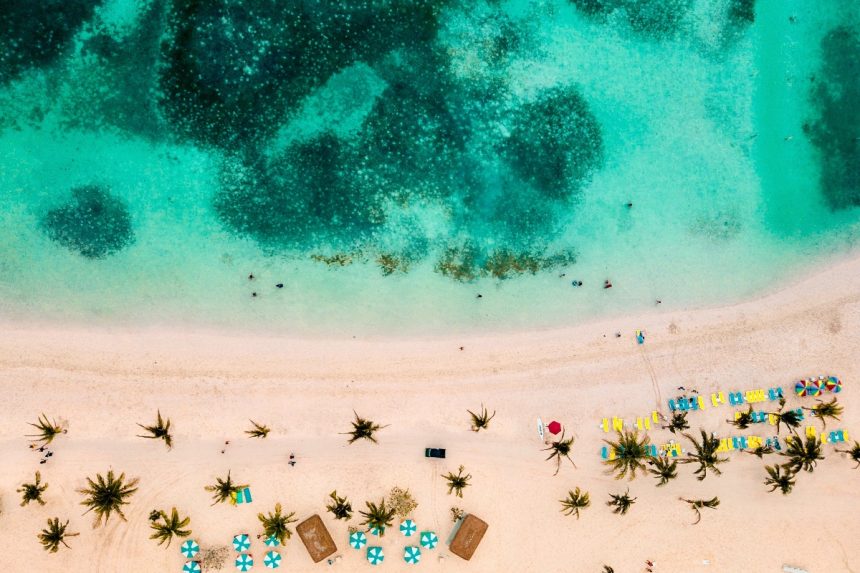Whether it’s fine sand or pebbles, the beach easily rhymes with cravings. And it’s hard to resist: picnics, as well as the snacks that often follow, are both comforting meals and pleasant activities. But why does hunger become more striking, urgent, and systematic on the beach than elsewhere? Nutrition experts explain that besides the primary need to eat that inevitably triggers, a day at the sea activates several biological and psychological mechanisms.
“I think we underestimate the effort we make when going to the beach,” first indicates Lisa Moskovitz, dietitian and president of NY Nutrition Group, interviewed by the Washington Post. “Planning everything, carrying chairs, walking on sand… Sometimes, you already have two hours of physical activity in your legs when you finally sit down on your towel.” This is the main biological explanation: even when you go there to relax, just getting to the beach opens up the appetite.
It doesn’t get better once you’re there. Beach tennis, swimming, volleyball, building sandcastles, or even shell fishing are all sports activities that further increase appetite, adds Avery Zenker, a dietitian in Ontario (Canada). An effect accentuated by dehydration, common on the sand. Our two specialists note that we tend to take thirst as a signal of hunger, and go for the sandwich rather than the water bottle. Some even achieve the trifecta by drinking a beer. Not only does it dehydrate, but “alcohol stimulates appetite in many people,” says Lisa Moskovitz.
In case of good weather, men actually have one more reason to be hungry at the beach. The level of ghrelin, the appetite hormone, increases in their body after twenty-five minutes of sun exposure, according to a study conducted by researchers at Tel Aviv University (Israel) –– women are not affected. While the exact causes remain unclear, Alix Le Calvez, a psycho-nutritionist dietitian in Bordeaux (Gironde) quoted by Ouest-France, considers “that ghrelin may be involved in protecting the body from sun exposure-related damage,” as it “helps prevent cardiovascular diseases by reducing blood pressure, inflammation, and cardiac muscle wasting.”
A Cocktail of Relaxation, Boredom, and Nostalgia
Beach cravings also have psychological causes. Lisa Moskovitz links it simply to pleasure: eating, just like the beach, is one.
A hedonistic association of the two allows many of us to really enjoy the moment. “We tell ourselves: ‘Wow, I’m having a good day, the weather is nice. What could make this moment even better?
Food.'” And if it’s not a voluntary approach, a real domino effect can be triggered. According to Avery Zenker, seeing other people eat, in addition to the feeling of relaxation and a certain boredom of finally having nothing to do, often pushes us to grab a bite.
However, this food brings more comfort than nutrients. This is where the psychological meets the biological. Eating only processed snacks, rich in added sugars, is pleasurable but doesn’t satisfy hunger, unlike a real picnic consisting of vegetables, hummus, and a sandwich.
“In fact, it’s because your body is asking for more [nutritious foods] or because what you’re eating creates a glycemic reaction,” analyzes Lisa Moskovitz.
On the beach, hunger can finally be a matter of associations.
Sarah Herrington, a nutritionist in Phoenix (USA), says that just as we crave capon at Christmas, “we associate certain places with certain foods.” It can therefore be difficult to change behavior if we’ve developed the habit of eating at the beach.
Hunger will trigger to remind us, like for a lab mouse expecting to see the reward fall by repeating certain behavior.
“For many people, the beach plays on nostalgia,” confirms Lisa Moskovitz. “We associate it with childhood, the time when we went to play and parents brought all kinds of treats. Just that makes us think about food and insinuates hunger into our belly.”








